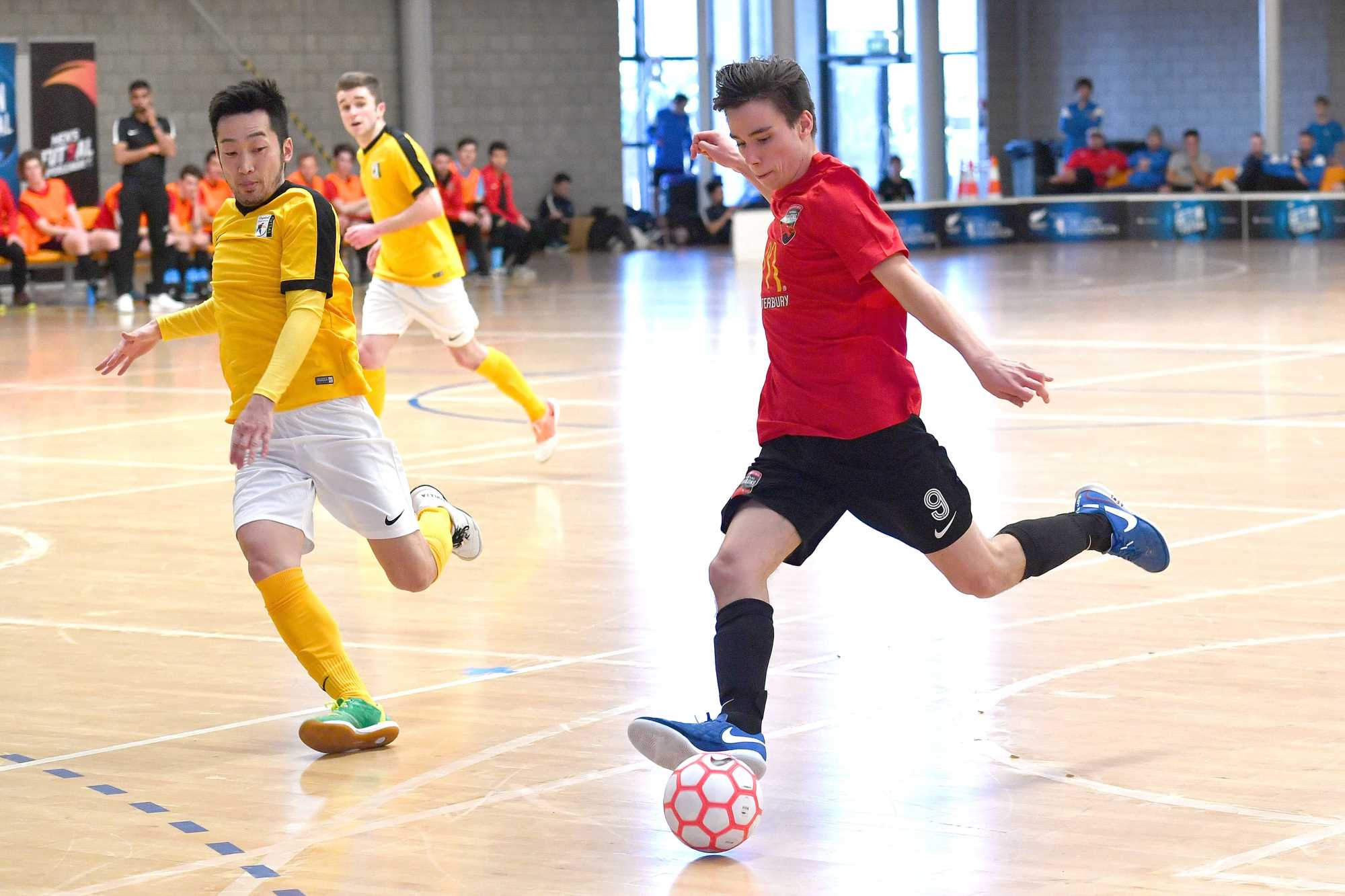Futsal is an indoor version of football played with a smaller ball that does not bounce as much as a standard soccer ball. This enables players to develop their technique and ball control in a smaller space.
Future research should focus on the physical, physiological and skill demands of futsal. This could help coaches to develop training programmes to improve skills and game development in this sport.
Technical brilliance
Despite the ubiquity of 11-a-side football, it is in the smaller squared circle that Futsal truly shines. According to a study, players get up to five times the number of touches per game than their 11-a-side counterparts, and they also see far more shots on goal. The most impressive feat of Futsal is that it allows for the kind of individual improvisation and creativity that is often stifled by more traditional forms of football.
A gimmick like Futsal is a good way to hone the skills of young players, as well as a nifty little pastime that can be enjoyed by adults and kids alike. The best part is, the aforementioned top-of-the-funnel activity can be found all over the world, with a plethora of quality clubs to choose from.
Attack and counter-attack
There are many types of attack in futsal – ranging from the traditional volley to a lightning-quick break exploiting gaps in the opposition’s defence. However, one of the most crucial skills to master is the counter-attack.
The key to a successful counter is to regain possession as high up the pitch as possible. Then use the momentum of a turnover in possession to launch a fast and direct attack against your opponent.
Traditionally, this tactic is most effective when the opposition are not defensively organised. In these situations, a third of all goals are scored from a counter-attack.
Decision-making
Futsal is a fast-paced game where players are constantly facing and solving tactical problems with creativity. It’s also a great way to develop quick reactions and the ability to predict other players’ movements.
One important aspect of decision-making is recognition, which involves scanning the entire field to see where teammates and opponents are at any given moment. This helps players find areas of pressure and open spots on the field to play the ball safely.
It was found that expert players were able to extract and process cues from the environment and recognise and interpret familiar patterns of play. They were also able to form expectations by computing situational probability.
Ball control
Futsal is a very technical sport, as it requires players to have good ball control and passing skills. It is played with a #4 ball that bounces much less than the soccer #5, so passes are shorter and require more power and good foot control.
Many world-class soccer players started playing futsal when they were young, and some of them still credit it for their skill development. They say that this form of football improves players’ decision-making, which is a key element in the game.
A very important skill in futsal is to drag the ball back and control it with one foot. This is a great technique to use to create space or confuse defenders, and it can be done with your feet, thigh or chest.
Teamwork
In futsal, teamwork is a very important skill. It’s the key to winning a game and is an excellent way to teach children life lessons about cooperation, leadership and taking responsibility for their actions.
To develop a team culture of cooperation, coaches need to encourage players to own up to their responsibilities on the pitch. This is especially important during the defense part of the game, where they need to be ready to help their teammates when they need to.
Everyone needs to be on the same page and work together for a common goal, so coaches should make it a point to teach their players how to do this in a fun, positive environment. This will help them grow into better sportsmanship and good leaders in their future careers.

